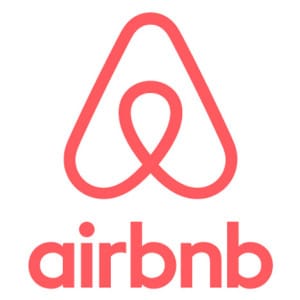Trying to bring state law in line with the new ways in which people rent short-term lodging, the Massachusetts House on Thursday passed legislation to regulate and tax the short-term rental industry.
Short-term rentals through websites like Airbnb, HomeAway and VRBO have grown in popularity over recent years, creating new revenue streams for property owners and giving travelers more options, but critics say the trend is changing neighborhoods and should be regulated in the same way hotels and motels are.
The House passed its rental regulation bill 117-30 on Thursday afternoon, though there was no debate on the bill or any of the 29 amendments representatives filed to it. Two representatives spoke from the floor Thursday, both in favor of the bill.
Rep. Aaron Michlewitz, who helped write and champion the bill passed Thursday, said the explosion of short-term rental services has “created a whole new industry that at the moment is completely unregulated, has created drastic inequities in the overall lodging market and has added to the housing crisis in some of our biggest cities.”
Michlewitz said his bill (H 4314) addresses public safety and consumer protection concerns while letting cities and towns make decisions about regulation rather than adopting a one-size-fits-all approach.
“The elderly couple in the South End renting out their spare bedroom is a different type of business than a summer vacation rental on the Cape or a unit of housing that is on the short-term rental market for 365 days of the year,” said Michlewitz, whose Committee on Financial Services held listening sessions around the state as it developed the bill. “The needs and concerns for the short-term rental industry in the Berkshires are much different than those needs and concerns in places like Cambridge or Somerville.”
Michlewitz’s bill would require the Department of Revenue to maintain a short-term rental registry, record the name of each host and the address of each unit they offer, and give the department the authority to charge a “reasonable fee” for registration. An “easily searchable and regularly updated” list of unit addresses – without the host’s name – would be published online.
Rentals would be taxed at levels ranging from 4 percent to 8 percent, depending on how many units a host offers. Residential hosts renting two or fewer units would be taxed at 4 percent, investor hosts with three to five units would have a 5.7 percent tax, and professionally managed hosts renting six or more units would face an 8 percent tax per rental, under the bill.
Cities and towns would have the option to impose local excise taxes of up to 5 percent for residential hosts, 6 percent for investors, and 10 percent for professionally managed hosts. Communities that opt for the local tax would need to adopt ordinances or bylaws requiring any residential units offered as short-term rentals first undergo a safety inspection, the costs of which would be charged to the host.
Half of the local tax collected from professionally managed hosts would need to be dedicated to “programs addressing either local infrastructure needs or low- and moderate-income housing programs,” according to the bill. A Rep. Kevin Honan amendment adopted Thursday would require that at least 25 percent of that tax money be distributed to low- and moderate-income housing programs.
The taxes in the bill would kick in a year after the bill’s effective date and would not apply to units that rent for less than $15 a day. Hotel rooms rented for $15 or more per day are taxed at 5.7 percent in Massachusetts, with municipalities able to levy up to an additional 6 percent, or 6.5 percent in Boston.




 |
| 

